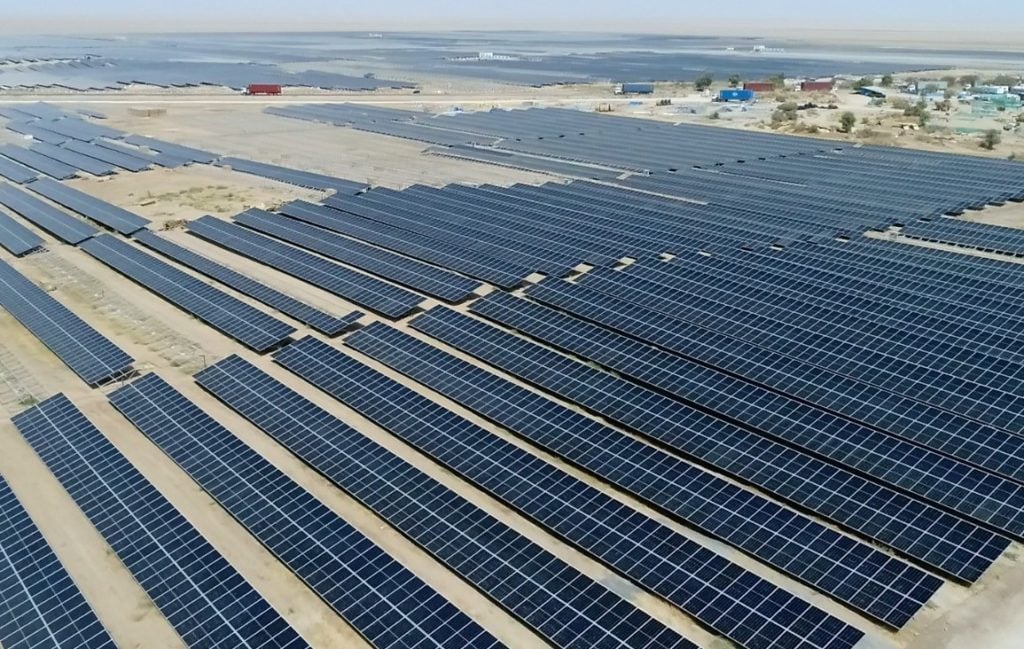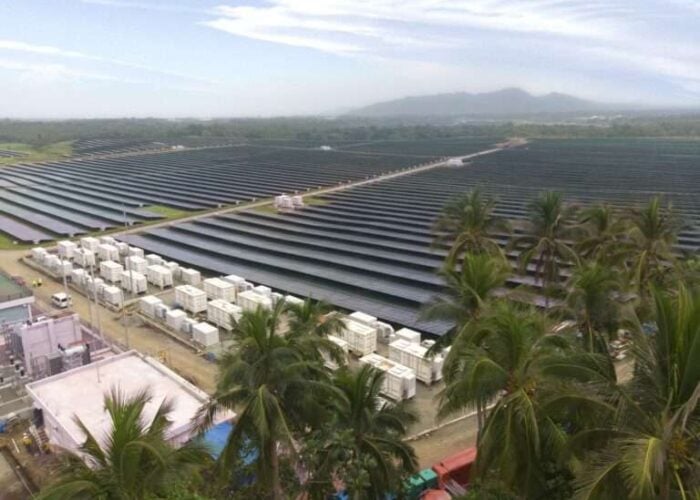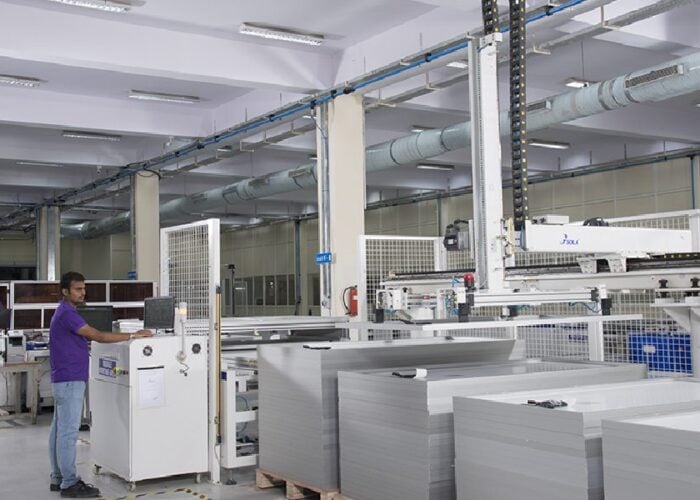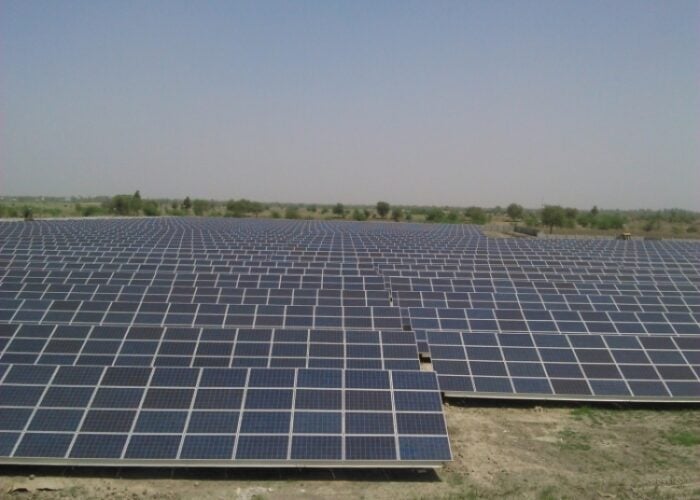
India and Germany’s solar sectors are set to outperform in the coming years, but both markets will fall short of government PV deployment targets, according to Fitch Solutions.
The consultancy forecasts that India will more than double its solar capacity in the next decade, expanding from 49.3GW as of year-end 2021 to 139.5GW by 2031, driven by robust government support, a large project pipeline and ongoing private investment.
Unlock unlimited access for 12 whole months of distinctive global analysis
Photovoltaics International is now included.
- Regular insight and analysis of the industry’s biggest developments
- In-depth interviews with the industry’s leading figures
- Unlimited digital access to the PV Tech Power journal catalogue
- Unlimited digital access to the Photovoltaics International journal catalogue
- Access to more than 1,000 technical papers
- Discounts on Solar Media’s portfolio of events, in-person and virtual
However, India’s underdeveloped grid network and domestic solar manufacturing capacity will hinder the solar sector’s ability for rapid expansion, Fitch warned, as it expects the country “to fall significantly short” of its target of having 300GW of solar deployed by 2030.
Its install forecast is far lower than research published earlier this year by think tank Institute for Energy Economics and Financial Analysis (IEEFA) and consultancy JMK Research & Analytics, which projected that India would have 214GW of solar installed by 2030.
Fitch said that while Prime Minister Modi has implemented incentives such as subsidy schemes, financing mechanisms and auction systems to encourage solar growth, higher equipment costs and logistical challenges pose a near-term challenge.
Research published in April from JMK found that module prices in India had increased ~38% in the previous 20 months, in part due to supply chain disruptions and rising solar demand.
Meanwhile, India’s power minister R K Singh doubled down on support for the country’s basic custom duty on solar cells and modules last week, saying there were “no plans” to change the system despite soaring module costs and a limited domestic supply.
Alongside India’s PV ramp-up, Fitch forecasts “steady growth” for Germany’s solar sector over the coming decade, thanks in part to strong government support as well as an attractive residential solar market.
Forecasting that solar capacity in Germany will increase from an estimated 59.6GW in 2021 to 131.9GW by year-end 2031, the consultancy said solar represents an integral part of the government’s long-term energy plan.
Nonetheless, those figures are notably lower than Germany’s new 2030 solar install target of 215GW.
To reach a goal of having 80% of electricity consumption from renewable sources by 2030, Germany aims to streamline renewables permitting, make more land available for solar and increase auction volumes.







